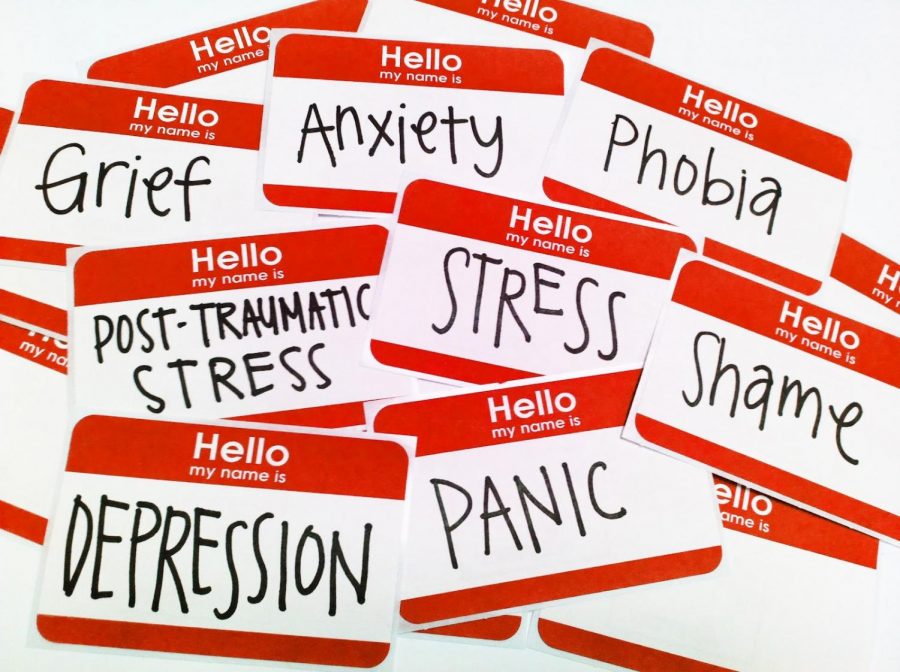Nothing is being done
There are more high school students committing suicide, and far more suffering through untreated depression now than ever before. Despite this, Blackfoot High School doesn’t offer or advertise any type of mental or emotional support to its students. The school has “counselors,” but their job is to be academic counselors. Many schools have a psychologist on staff; however, there are none listed on the BHS official website. Considering the terrifying numbers concerning teen depression, and even worse, suicide, Blackfoot High School needs to offer and promote emotional and mental help for its students.
Between 2005 and 2014, there was a thirty-seven percent increase in students who reported a Major Depressive Episode. And these numbers are still rising. In 2016, Idaho ranked 6th in the nation for overall suicide rates, with more than 350 throughout the year: nearly sixty percent more than the national average.
Many studies show that twenty percent or more of students in America are living with moderate to severe depression, whether or not they’ve been officially diagnosed. With nearly 1,160 students attending BHS, this means there are over 230 students that have depression and would seriously benefit from the school’s help.
This past school year alone, there were three BHS students that committed suicide, and another six made serious attempts that resulted in hospitalization. Not to mention Mark Evans, a staff member at BHS, who tragically ended his own life in March of the same year. And who’s to say how many unreported attempts have happened? I know several people, even some of my friends, who have tried to seriously hurt themselves at least once.
In the past, after losing a student, the school makes it clear that the counseling services are open all day, and that they’re free to go talk to someone if needed. However, this only seems to be the case after a major tragedy. More tragedies could be prevented if students felt that this was always an option. On a regular school day, someone excusing themselves to deal with their emotional health would, depending on the teacher, get them marked truant.
But what about getting help elsewhere? The cost for private therapy can range anywhere between $50 all the way up to $200 per hour-long session. Many parents can’t afford even one session for their child, and certainly can’t pay for this once or twice a week, as is professionally recommended. Even if their therapy is paid for by insurance, many kids don’t feel comfortable talking to their parents. And revealing those distressing thoughts and feelings in order to set up that therapy can be nearly impossible for many students.
According to state averages for teachers’ and school psychiatrists’ salaries, hiring a psychologist is very cost efficient, and could easily be affordable. Furthermore, the comfort and support the students would be getting is worth far more than the funds invested into hiring a school counselor.
If the district were to hire a school psychologist, students would feel that they have someone to talk to. They would feel listened to, they would feel supported, and overall, they would feel safer. It may be a small change, but it could save lives.









